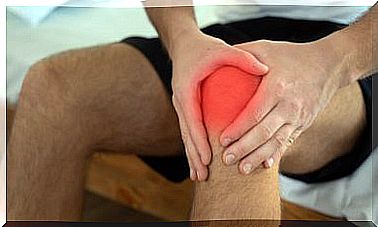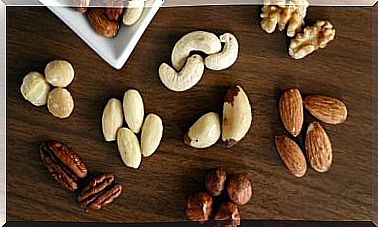Is Fasting Recommended To Lose Weight?
Fasting is a dietary protocol that, when done in the right conditions, helps us eliminate excesses that are not good for the body. Today overweight and obesity have become the epidemic of the century, resulting in many health disorders.
Intermittent fasting is gaining more and more weight as a method not only to lose weight, but also to detoxify the body or promote purification. Performing fasts from time to time helps promote the autophagy process, through which poorly functional cells are eliminated from the body.
Fasting limitations
Obviously there are situations in which you should not fast:
- Pregnancy.
- Lactation.
- Low level of body fat.
- Anemia.
- Existence of significant symptoms of weakness.
- Young people in growth stage.
Starting from the premise that the body is intelligent, the human being has a high capacity to fast. Thanks to this, the human species has survived and reached our days. Currently, health problems come more from excesses than from deficiencies. In this way, fasting becomes an opportunity to compensate for the excesses of modern life.
Fasting can be a very good strategy to lose weight. To enjoy good health we must be at the right weight, since being overweight or obese is detrimental to well-being. This is evidenced by research published in the journal Circulation Research.
If you practice fasting well, it is a great tool to balance your current lifestyle with good health and a correct weight. You can do a type of fast with juices and broth, combining hot infusions, fruit and vegetable juices and vegetable broths throughout the day. Also, try to drink plenty of water throughout the day.
Risks of fasting

During prolonged fasting there is a decrease in basal metabolism. Kidneys, brain, liver, intestine, heart or muscles are forced to readjust to function with an energy source that is not the most efficient. This energy source will only resist depending on the reserve of each person.
Fasting can be dangerous for anyone who decides to do it on their own as it can lead to pathological disorders as a result of nutrient deficiencies, such as:
1. Sudden death
They can occur as a consequence of ventricular arrhythmias, related to protein loss and alterations in copper, potassium, and magnesium concentrations.
2. Gastrointestinal effects
They take place because the stomach continues to produce gastric juices according to the circadian rhythm and, due to the stress of fasting. For this reason, symptoms such as
- Ardor.
- Abdominal pain in the part of the epigastrium.
- Nausea.
3. Effects on blood pressure
Blood pressure progressively decreases, according to a study published in the Journal of Translational Medicine . Around the third or fourth day of fasting, orthostatic hypotension occurs, that is, the person becomes dizzy when standing up abruptly. Possible complications derived from a lack of cerebral irrigation or heart failure should be avoided.
4. Effects on heart rate
In general, the pulse accelerates as a consequence of the fact that when the voltage drops, the heart increases the heart rate.
5. Effects on sleep
Not eating food leads to energy savings from the metabolic effort of digestion. This causes the person to be in an almost constant state of alert and wakefulness. The brain receives more blood flow because the body prioritizes its function.
In turn , there is an increase in activity and intellectual performance, although at the same time there is physical fatigue. However, some studies show that fasting does not significantly alter the architecture of sleep.

During prolonged fasting, the body undergoes changes and adaptations of its metabolism. With these changes, you can continue to meet energy needs and maintain vital functions, despite not receiving food. However, these situations only occur in fasts of more than 3 days.
These changes are divided into three phases according to the elapsed days of fasting and according to the metabolic processes involved.
Phases of fasting
- First phase : main consumption of reserve carbohydrates and lasts about a day and a half.
- Phase two : main consumption of fats, takes place more or less from the fifth day.
- Third phase : severe protein consumption that occurs after three weeks of fasting.
The fact of practicing short fasts does not present contraindications at the health level, what is more, it is recommended. Long fasts are more dangerous and should not be practiced without professional supervision.
Fasting helps you lose weight
Fasting has become a safe and effective protocol for weight loss. However, it is advisable to previously go to a nutrition professional to receive the necessary indications and considerations.









